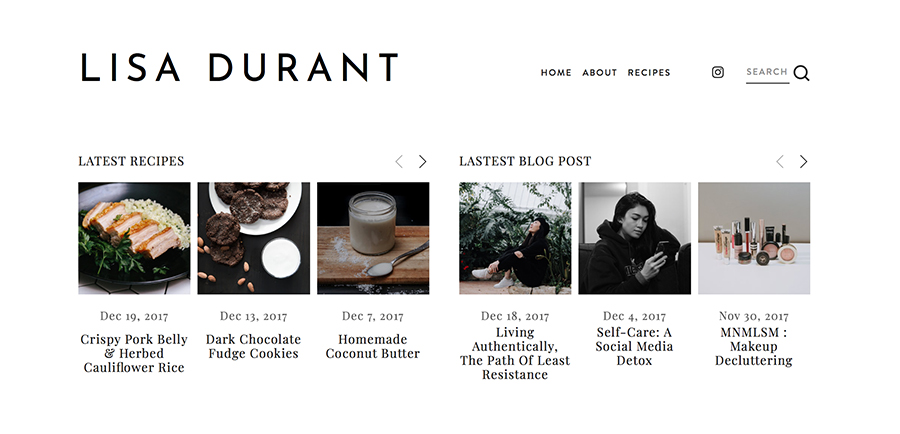BY MAX WELLS
These days it seems everyone has multiple public personalities, and they all share the same names: Facebook, Instagram, Twitter, Snapchat, and Tumblr to name a few. Probably every single person reading this has at least one social media account where they post photos of themselves and share glimpses into their private lives. However, sometimes the constant selfies can lead to toxic cycles of comparison and insecurity, which can be very wearing for people with mental health struggles.
“Social media for me is a very negative place,” says Marie Lemieux, a design student at Sheridan College. “I can’t really escape it though, because everyone’s using it and it’s also become a way for employers and companies to connect with you.” Lemieux says when social media becomes overwhelming for her, she just cuts it off completely and takes a break for a while.
For people who already deal with social anxiety, depression, and self-image issues, social media outlets can be a breeding ground for those negative emotions.
Lisa Durant, a 23-year-old from Guelph explains how she decided to use her mental health struggles and social media’s expectations against themselves.
“I am by nature a pretty private person, but I also suffer from social anxiety,” Durant says, “that means I often have a difficult time being myself and vocalizing my thoughts around other people. I desperately needed a way to show myself and others that inside I am more than what my anxiety allowed me to show them.”
That was the turning point for Durant and when she decided to create her blog, lisadurant.ca.
“Blogging has given me an outlet to just be myself, and it turns out I kind of like me, and some other people like me too, which is a surprising and amazing feeling. So, I suppose what inspired me to start a blog is really just the ability for me to be me and share my experiences in a way I was never able to before. I am able to share my life and insights into topics that I’m passionate about, such as self-care, personal development, minimalism and ketogenic cooking— it’s just a melting pot of ideas that changed my life for the better. Although I created my blog for myself, as selfish as that sounds, I always hope that my writing resonates with readers.”

Rather than becoming overwhelmed by the inauthenticity of social media and the competitive place it can be, people have started using the internet to be vocal about their mental health and have begun to transform social media into a more positive online space.
According to the Centre for Addiction and Mental Health, a research report done by the Ontario Student Drug Use and Health survey shows that:
• 19 per cent of students did not use social media at all, or not every day
• 34 per cent spent time on social media for up to an hour daily
• 36 per cent used between two and four hours daily
• Females were significantly more likely than males to be heavy users, with 15 per cent reporting more than five hours a day on social media sites
(via camh.ca)
“I think its crucial that we are vocal online about mental health,” Durant says. “Imagine how our lives could change if we could talk about mental illness with an open mind and without judgment, ignorance or criticism.”
Durant she thinks a large problem we seem to have is communicating to each other about our own mental health and seeking the help we need, when we need it.
“Many people still think it’s shameful to have a mental illness. There is this social and self-inflicted stigma that makes it difficult for people to speak about even their own mental health. A lot of times, when you start talking about your mind, people start to feel uneasy, because we associate our minds with our fundamental selves – who we are as a person, our thoughts, fears, hopes, dreams . . . everything. So, when we are vocal online about mental health and start having open conversations about it, we can start to abandon the social stigma.”
